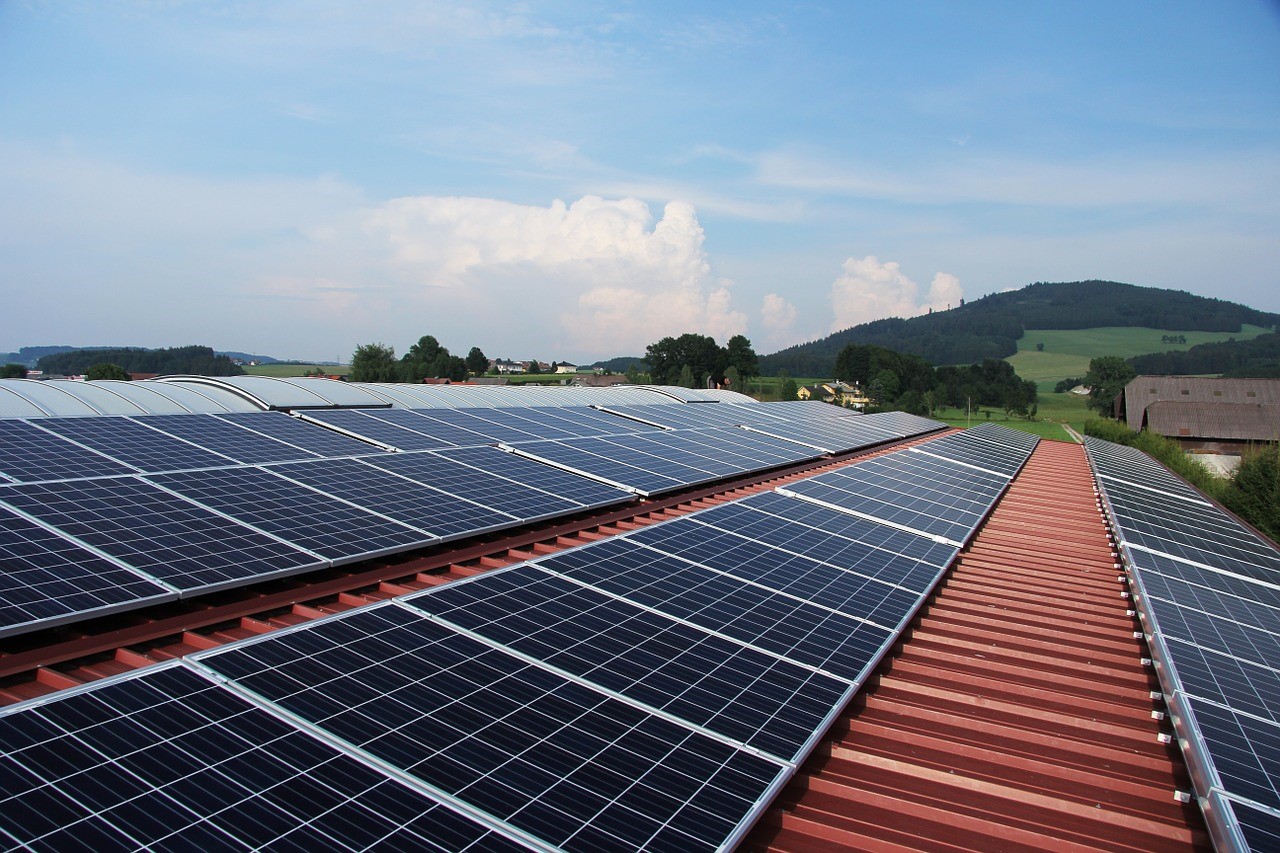
Anyone financing a home purchase knows that the bank wants to see adequate insurance on its collateral. Of course, what is sufficient for a lender may not be sufficient for the owner. Myriad homeowners policies contain a sea of coverage and exemptions which are sometimes difficult for policyholders to comprehend. If an improvement is made to the structure or a major fixture is installed, there may be some question as to whether the standard hazard policy will apply to damage in those areas. Owners should take caution and not assume that their current policies are satisfactory. Those with solar panels, however, can take some comfort in the knowledge that many programs include these energy-saving devices.
Solar Panels Are a Major Investment
There is a reason that solar panel producers say that these cost-saving measures will pay for themselves. The fact is that upfront costs are substantial. According to Forbes, the primary material used to create panels is silicon, the same substance used to make computer chips. Although a ubiquitous element in the earth’s crust, silicon is not readily usable in its raw form, and thus must be extensively refined. Reuk states, that silicon disks—or wafers—are most often infused (professionals use the term “doped”), coated by a phosphorous covering and then organized into cells. The cells, in turn, are mounted on a photovoltaic panel and backed by metal strips to conduct the heat from the sun.
With materials and manufacturing requiring so much financial input, it is little surprise that solar panels cost what they do. Realtor.com estimates that the standard 5-kilowatt solar package runs about $18,500. Not only is this a large portion of household assets to part with, it is also a tremendous risk for an insurer to cover. The question is whether a homeowner, having spent for purchase and installation, is willing to take the budgetary hit in premiums for additional insurance coverage. Alternatively, will the owner risk leaving such a capital expense uninsured? The good news is that such a choice might not be necessary.
Related: You’re Ready for Solar Power, but Should You Lease or Buy?
Policies Favoring Solar Panels
According to CSMonitor, many insurance providers treat solar panels as they would a home security system or a balcony: as a permanent attachment to the property. Because of this determination, the panels are considered a part of the house, and therefore subject to whatever benefits apply to damage from fire or the violence of the elements (flood always requires a specific and separate policy). This is in contrast to property separated from the house, like a detached garage or storage structure, which normally receive only 10 percent of replacement cost from standard home insurance coverage. This is cause for relief for many cost-conscious property owners seeking to cut their energy bills.
There are, of course, caveats to such indemnity. For example, while wind and rain damage are common claims against standard homeowners policies, hurricanes and tropical storms may carry a higher deductible payment and lower limits on compensation. Those who live in states more frequently subject to hurricanes do well to evaluate how expensive replacement of solar panels would be.
Balancing Payments against Savings
Finding an insurer that includes solar panels in the general hazard policy is a positive development in the financial life of a homeowner. The heavy price of solar panels is paid by those expecting a long-term offset in their energy bills. The last thing they need is for their savings to be eroded by higher insurance premiums or unexpected replacement costs. A comprehensive review of the dwelling coverage is the best place to start when considering the addition of solar panels.







